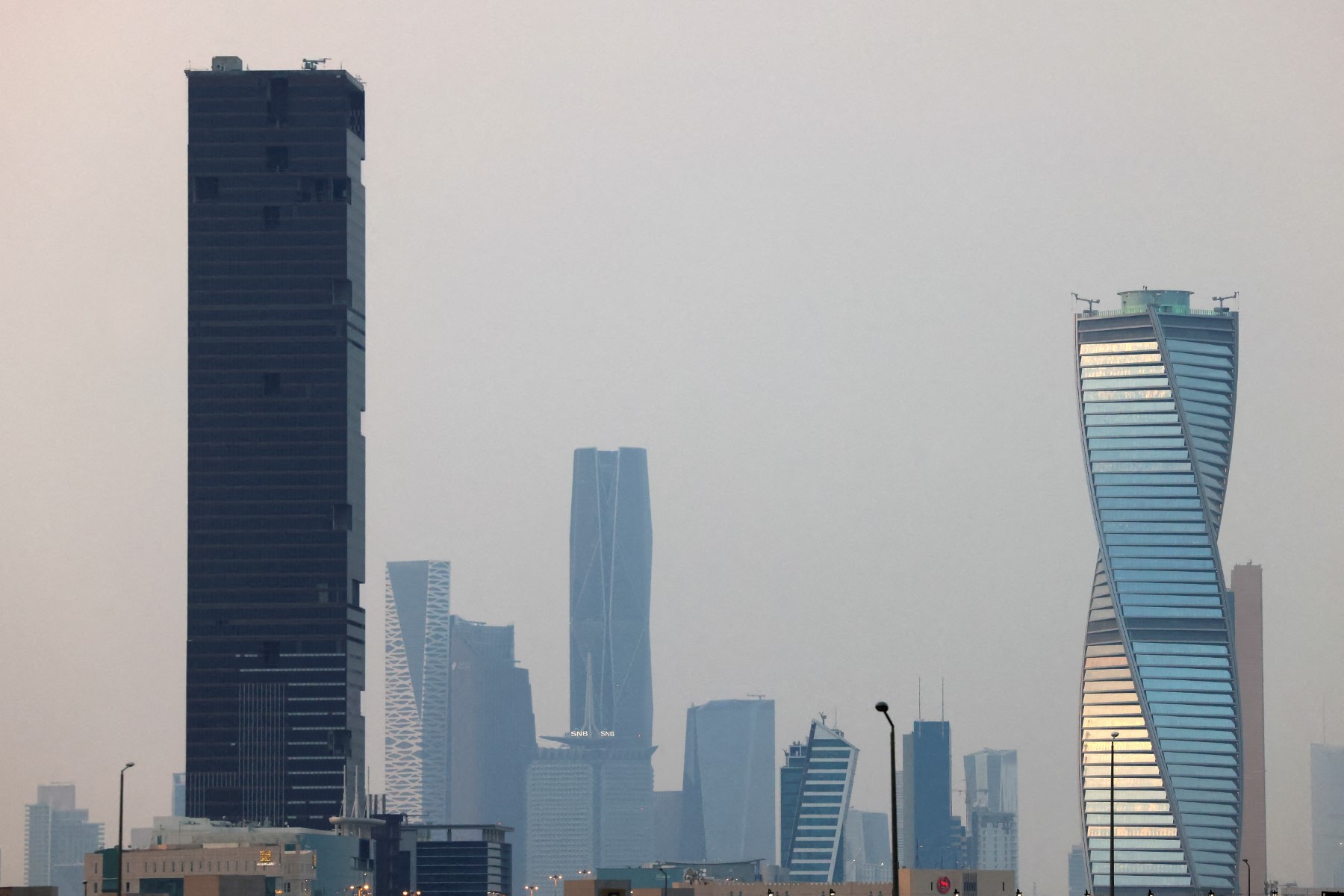Riyadh, Saudi Arabia – About 89% of CEOs in Saudi Arabia are optimistic about the country’s economic growth over the next 12 months, surpassing the global average of 44%, the Middle East average of 73%, and the GCC average of 81%, reveals the 27th Annual CEO Survey by the PwC Middle East.
The Vision 2030 initiative, with its focus on reducing oil dependency and fostering economic diversification, has propelled Saudi Arabia to the 17th largest global economy by GDP size in 2022. The PwC Middle East’s Saudi Economy Watch highlights that the GDP exceeded $1 trillion for the first time in 2022, and the IMF projects further growth to $1.3 trillion by 2028.
The survey indicates that 54% of the CEOs is highly confident in their own companies’ revenue growth for the next 12 months, outperforming the global average of 37%. A remarkable 71% of Saudi CEOs have observed a 5% or more increase in market share over the past three years, surpassing the global average of 49%. This positive sentiment extends to the future, with 83% expressing confidence in their organizations’ revenue potential over the next three years, well above the global confidence level of 49%.
As part of their strategy for future growth, Saudi CEOs are embracing technological innovation, with a particular focus on Generative Artificial Intelligence (GenAI). A significant 54% of CEOs believe that GenAI will improve the quality of their companies’ products and services in the next 12 months. Looking further ahead, 66% anticipate that GenAI will significantly impact the creation, delivery, and capture of value in the next three years. Moreover, 71% of Saudi leaders foresee the need for their workforce to develop new skills in response to GenAI, indicating a proactive approach to the integration of emerging technologies.
However, amidst this enthusiasm for technological advancement, there is a concern about cybersecurity risks. While 63% of Saudi CEOs believe that GenAI will increase cybersecurity risks in the next 12 months, the overall sentiment aligns with global concerns. A strong focus on addressing these risks is evident, with 62% of respondents prioritizing optimization of current technology and investments to tackle cyber threats.
Saudi CEOs are also leading the charge in climate action, wth 60% keen to improve the energy efficiency of their businesses and over half innovating new climate-friendly products or services. However, challenges such as regulatory complexity and the lack of climate-friendly technologies pose hurdles, with 74% of CEOs unwilling to accept lower returns on climate-friendly investments in the last 12 months.








